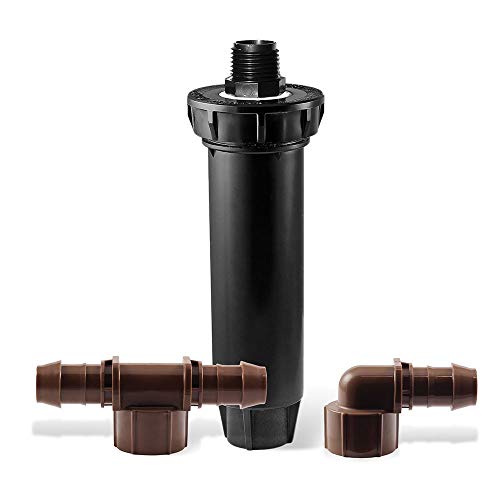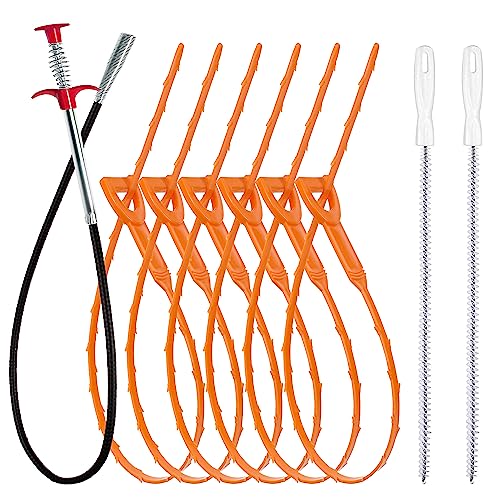tbrun
New Member
Hello all -
I installed a dual-stage whole-house filter system in my basement, which starts with a standard big blue filter (Pentek EP-BB carbon block filter) and then goes through a (relatively expensive) 3M AP917R filter. When first installed, the system maintains its PSI (~45PSI). I put the EP-BB first to protect from having to replace the 3M filter more than once a year (it's almost $200 each). Initially I had made the mistake of only putting in the 3M filter and it lasted about a month before dropping my PSI by about 75%, presumably from getting clogged. That was a big money sink.
Now, with the two-filter setup, after about a month of normal use, the first filter (EP-BB) is dark brown and PSI drops to around 20PSI, which makes for some interesting showers when the toilet gets flushed.
Am I stuck replacing the EP-BB filter once a month at ~$25 per filter? Is it normal for the PSI to drop so much on one of these filters when it starts to get dirty? I'm on city water, which apparently is pretty bad. Without these filters, our toilets form brown rings (iron, rust?) and I have to clean the tub once a week. So the filters are working great, it's just the issue with having to replace them all the time. Is there a better/cheaper/longer-lasting pre-filter solution, or should I just live with it and suck up the expense (at this point, about $500/year, assuming on EP-BB per month and one 3M 917R per year).
I attached an image of my setup. This was a DIY project with some help from a friend of mine who is a licensed plumber.
Thanks for help.
PS - I test the PSI by running a bathroom sink on full cold, and testing PSI with a flow gauge at a spigot near the main water line in the basement (you can probably see the spigot on the far left in the attached picture).

I installed a dual-stage whole-house filter system in my basement, which starts with a standard big blue filter (Pentek EP-BB carbon block filter) and then goes through a (relatively expensive) 3M AP917R filter. When first installed, the system maintains its PSI (~45PSI). I put the EP-BB first to protect from having to replace the 3M filter more than once a year (it's almost $200 each). Initially I had made the mistake of only putting in the 3M filter and it lasted about a month before dropping my PSI by about 75%, presumably from getting clogged. That was a big money sink.
Now, with the two-filter setup, after about a month of normal use, the first filter (EP-BB) is dark brown and PSI drops to around 20PSI, which makes for some interesting showers when the toilet gets flushed.
Am I stuck replacing the EP-BB filter once a month at ~$25 per filter? Is it normal for the PSI to drop so much on one of these filters when it starts to get dirty? I'm on city water, which apparently is pretty bad. Without these filters, our toilets form brown rings (iron, rust?) and I have to clean the tub once a week. So the filters are working great, it's just the issue with having to replace them all the time. Is there a better/cheaper/longer-lasting pre-filter solution, or should I just live with it and suck up the expense (at this point, about $500/year, assuming on EP-BB per month and one 3M 917R per year).
I attached an image of my setup. This was a DIY project with some help from a friend of mine who is a licensed plumber.
Thanks for help.
PS - I test the PSI by running a bathroom sink on full cold, and testing PSI with a flow gauge at a spigot near the main water line in the basement (you can probably see the spigot on the far left in the attached picture).








![MEISTERFAKTUR drain snake 2.0 [50 FT] - with drill attachment - Ideal plumbing snake for sink and drain unblocking - Solid drain auger for real DYIs! (50 FT - 1/4 inch)](https://m.media-amazon.com/images/I/41VwmTiOsgL._SL500_.jpg)






































